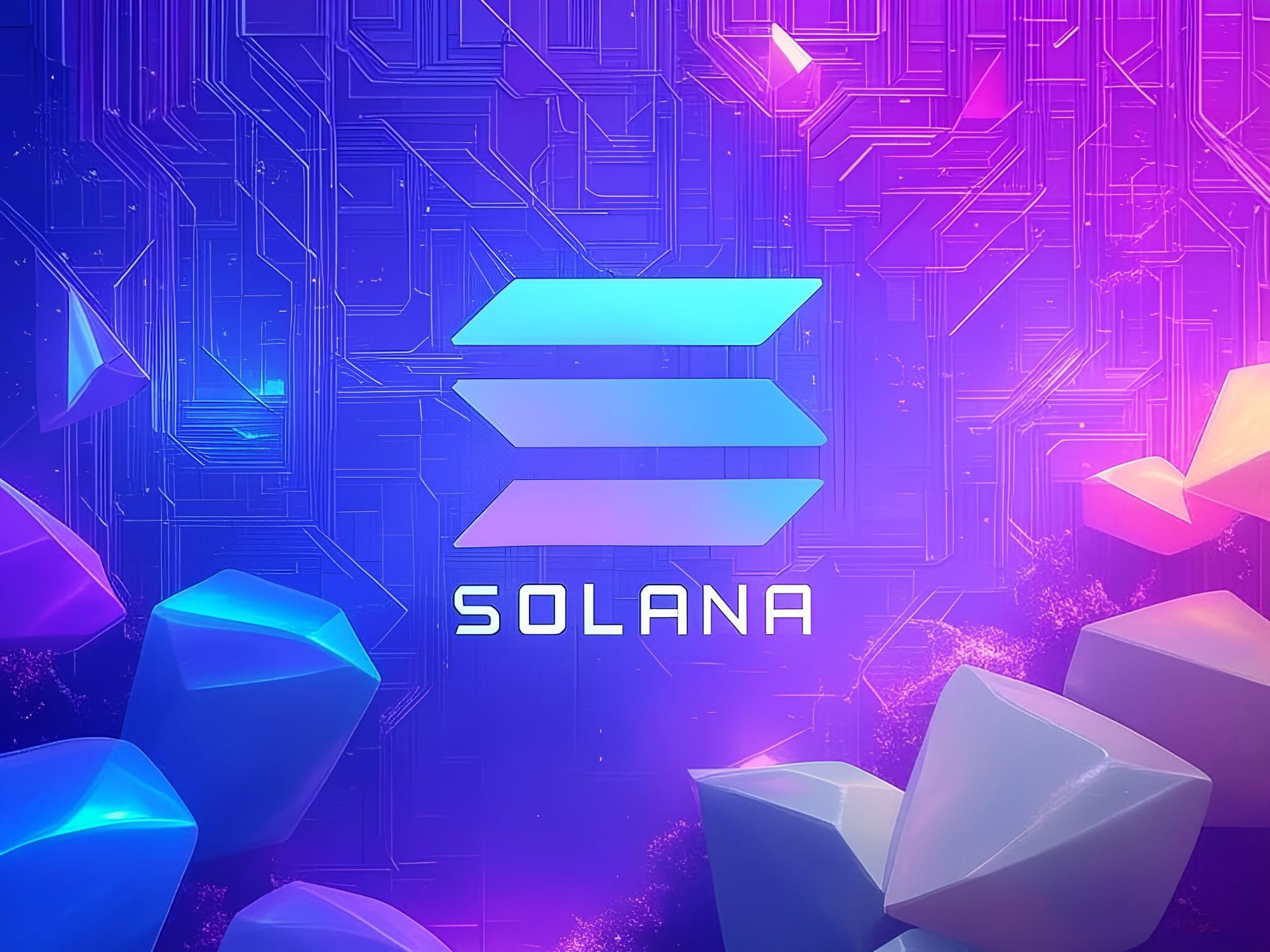Solana Proposal Targets Scalability for Billions of Users

Developers for the Solana blockchain have recently unveiled a groundbreaking proposal that could very well redefine it’s capacity to manage billions of user accounts. This move is not just a technical upgrade; it's potentially a leap towards addressing one of the most significant barriers to blockchain adoption.
The proposal introduces a novel "lattice-based" hashing system, which promises to revolutionize how Solana tracks and verifies the state of user accounts. By implementing this system, Solana could bypass the computational bottlenecks that have historically slowed down blockchain networks as they scale.
At the heart of this proposal is the aim to "scale Solana to billions [of] accounts and compute a 'hash of all accounts' in practical time and space." This statement from the proposal underscores a critical challenge in blockchain technology known as the "state growth problem." As networks expand, so does the complexity and time required to verify all user states, leading to inefficiencies.
Anatoly Yakovenko, co-founder of Solana Labs, highlighted this issue last year, noting the necessity for new accounts to prove their uniqueness without overwhelming the system. The Accounts Lattice Hash upgrade proposes a solution by allowing for instant verification of account states without the need for recalculating everything from scratch.
A New Era of Scalability
The magic behind this upgrade lies in the use of "homomorphic hashing," a cryptographic method that permits the network to update its state verification by only dealing with accounts that have changed. This approach not only maintains the same high security level of 128 bits but also significantly cuts down on the computational resources needed, making the process faster and more efficient.
Initial tests have been encouraging. Two validator clients, Agave and Firedancer, have demonstrated the practical application of this system, hinting at its readiness for wider adoption.
The implementation of this upgrade will follow Solana's formal improvement process, necessitating a consensus through validator voting. A strategic, phased rollout is suggested, where nodes can begin to pre-compute using the new hashing system before it's fully activated across the network. This methodical approach ensures minimal disruption and allows for necessary adjustments based on real-world application.
This proposal, if successful, could not only enhance Solana's scalability but also set a precedent for other blockchain networks. It represents a pivotal moment where blockchain technology could break through its current limitations, making it more viable for widespread, everyday use. The implications are vast; from improving transaction speeds to enabling new types of applications that require handling vast numbers of user interactions without sacrificing security or efficiency.

